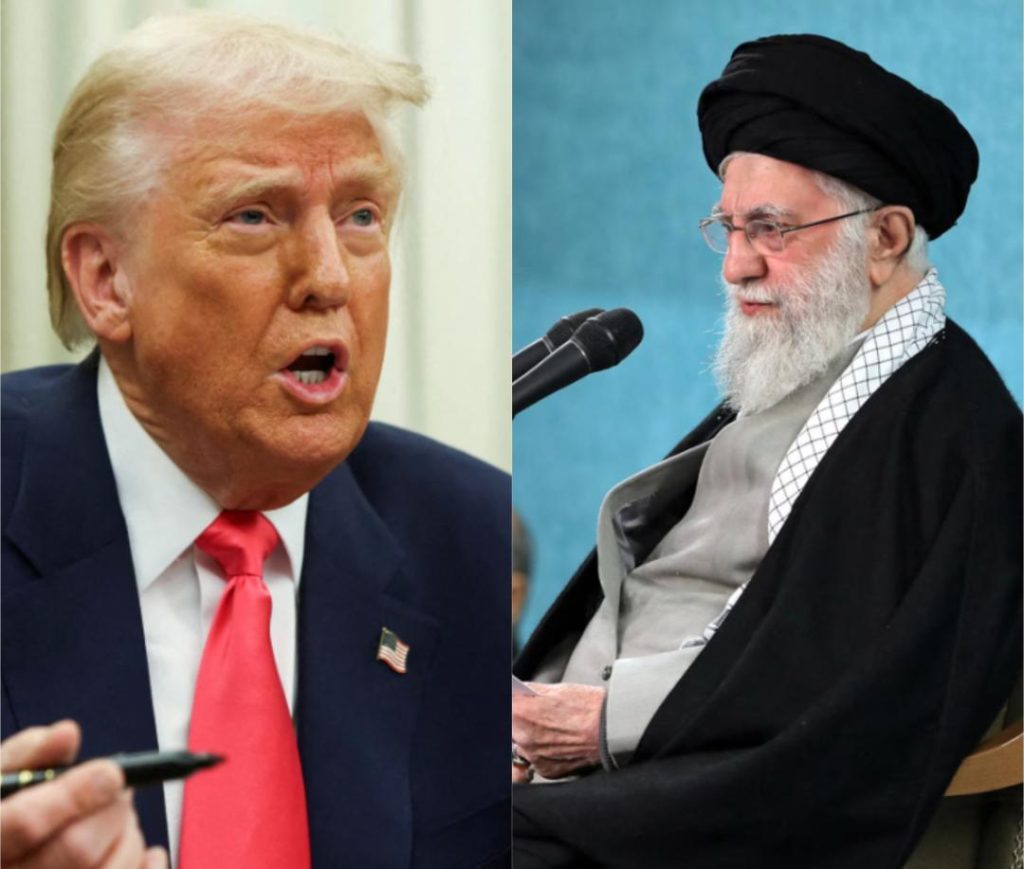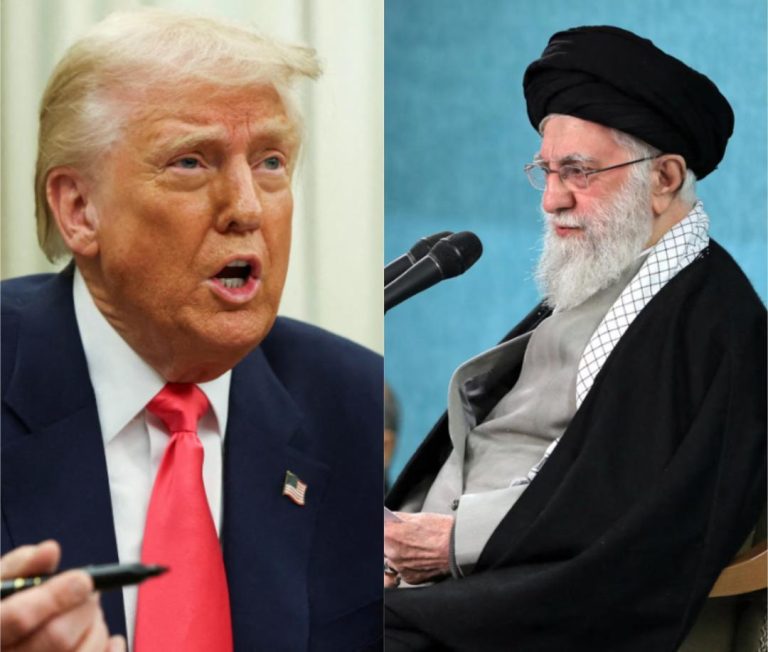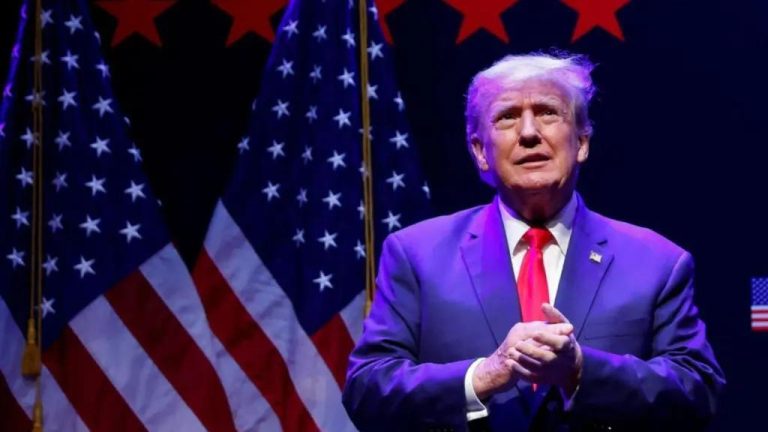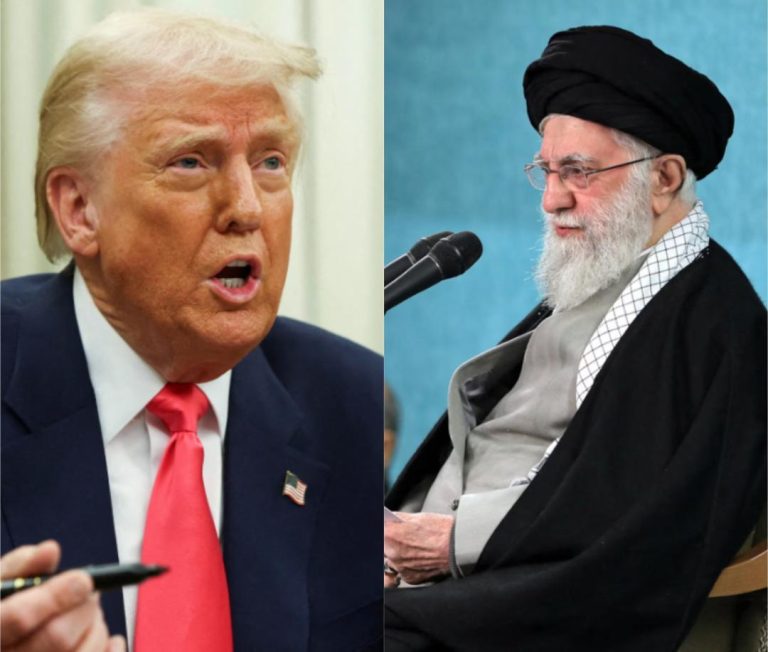
US & Iran Begin Nuclear Talks Days After Donald Trump Threatened Bombing
In a sudden turn of events, Iran and the United States have begun indirect talks in Oman, with Tehran confirming the development. This comes just days after US President Donald Trump threatened to bomb Iran if it didn’t agree to a deal on its nuclear program. The talks are taking place under the shadow of regional conflict and heightened tensions between the two nations.
According to sources, Iran’s Foreign Minister Abbas Araghchi and US President Trump’s Middle East envoy Steve Witkoff will represent their respective sides in the talks. However, they will not be meeting face-to-face, instead exchanging messages via Oman’s Foreign Minister, who will act as a facilitator.
The news of the talks comes as a surprise, given the heated rhetoric and threats exchanged between the two sides in recent days. Trump had warned that the US would “hit very fast and very hard” if Iran didn’t agree to a deal on its nuclear program. Iran, on the other hand, has been adamant that it will not negotiate its nuclear program, which it sees as a matter of national sovereignty.
Despite the tough talk, it appears that both sides have decided to engage in talks to address their differences. The indirect talks are seen as a way to ease tensions and prevent a further escalation of the conflict.
The talks are taking place in Oman, a country that has historically maintained good relations with both Iran and the US. Oman’s Foreign Minister, Yusuf bin Alawi bin Abdullah, has been involved in previous diplomatic efforts to resolve the nuclear crisis.
The decision to start talks comes as a relief to many, who had feared that the situation could escalate into a full-blown conflict. The region is already facing numerous challenges, including the ongoing conflict in Yemen and the rise of extremist groups such as ISIS and al-Qaeda.
The US has long been critical of Iran’s nuclear program, which it sees as a threat to regional stability. Iran, on the other hand, has argued that its program is peaceful and aimed at generating electricity.
The talks are expected to focus on Iran’s nuclear program, as well as other regional issues such as Yemen and Syria. The US has also raised concerns about Iran’s ballistic missile program and its support for militant groups in the region.
The indirect talks are seen as a significant step forward, given the deep mistrust and hostility between the two sides. The fact that they have agreed to talk at all is a sign that both sides are willing to listen to each other’s concerns and find a way forward.
However, the road ahead is expected to be difficult. The two sides have fundamentally different positions on many issues, and it will take significant compromise and concessions to reach an agreement.
The outcome of the talks is far from certain, but one thing is clear: the world is watching with bated breath as Iran and the US try to find a way to resolve their differences and prevent a further escalation of the conflict.
Source:






